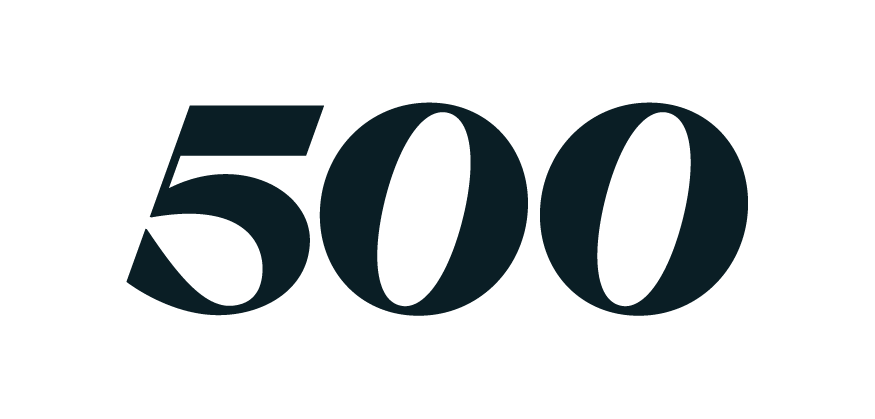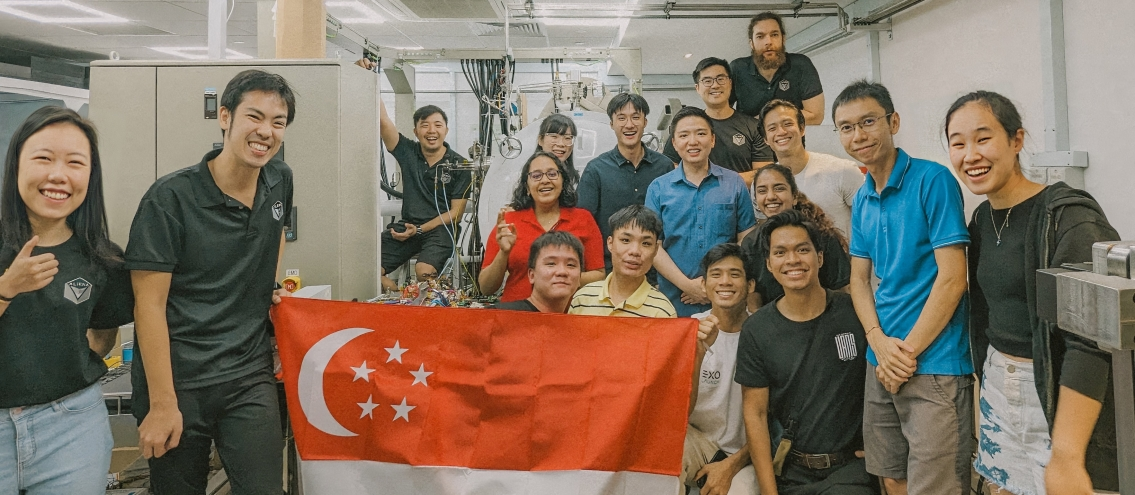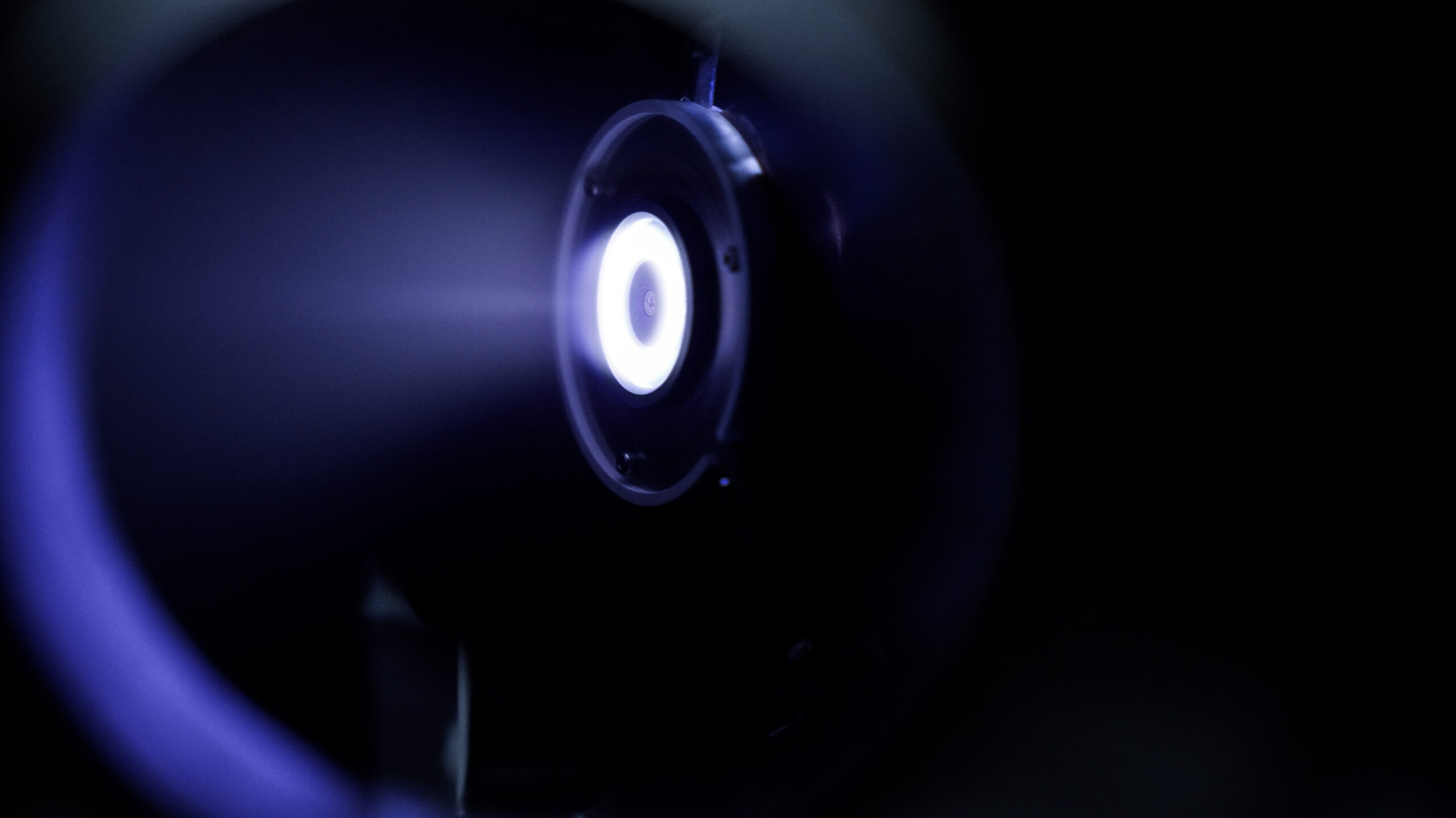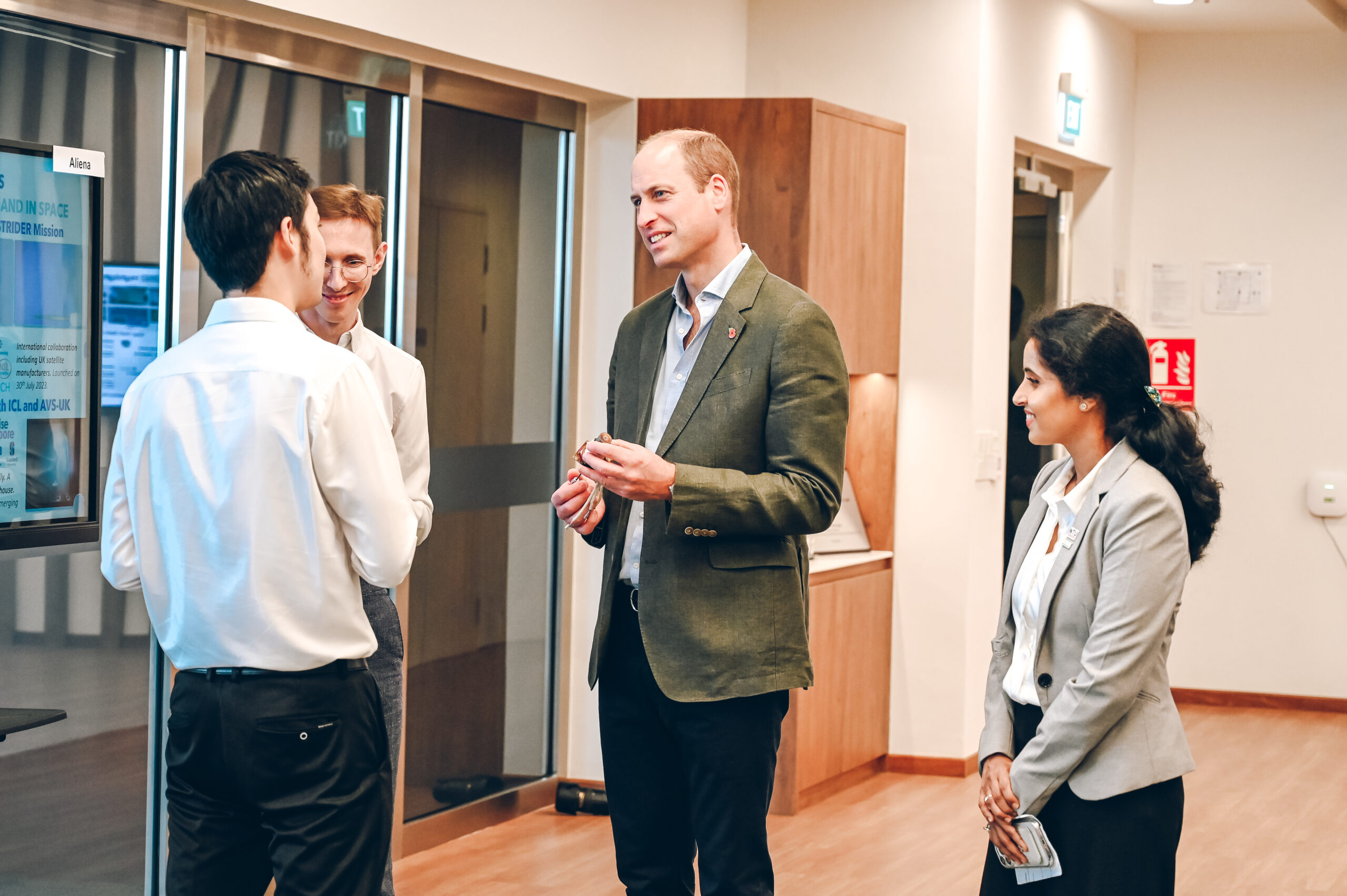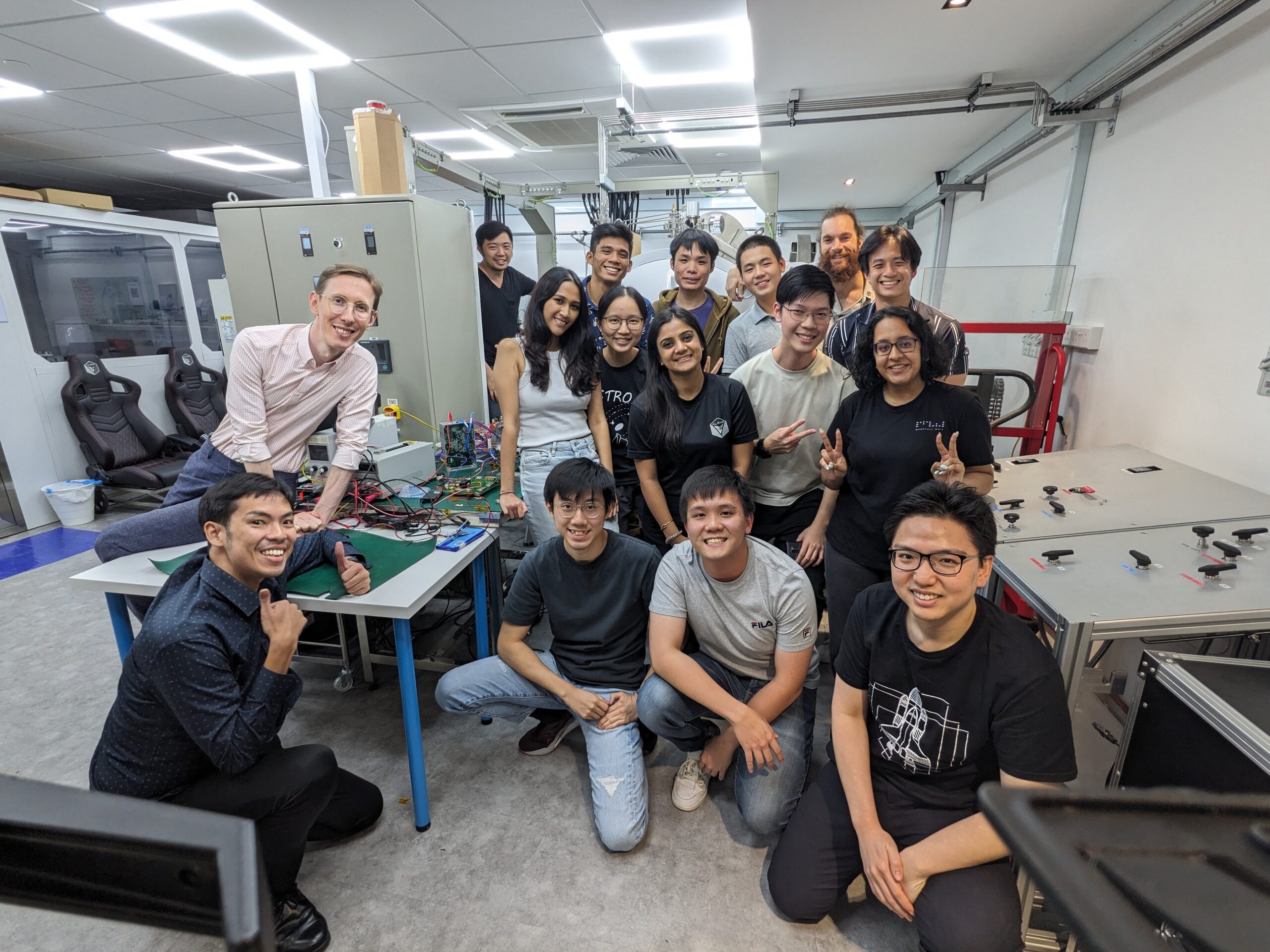Meet Mark from Aliena
Q: Could you introduce yourself and tell us about Aliena?
A: I’m Mark, the co-founder and CEO of Aliena. Our primary focus at Aliena is on developing and providing efficient plasma engines for satellites. These engines are pivotal for enabling satellites to fly in formation, and absolutely crucial for large constellations. They empower satellites to execute advanced operations, like operating at lower altitudes or undertaking deep space missions. However, the most significant aspect of our work is ensuring space sustainability for future generations. Our technology aids satellites in safely disposing of themselves at the end of their lifespan, reducing space debris and junk.
My background is in plasma physics, with an extensive track record in public service and academia before establishing Aliena. My academic work spanned various plasma-related domains, including materials processing, air and water treatment, waste management, and fusion research. But the topic that captivated me the most was plasma propulsion for satellites, which eventually led to the inception of Aliena.
Q: What inspired you to move from academia to the entrepreneurial world and start Aliena?
A: That transition was quite a journey. In the academic realm, the electric propulsion community is relatively small, yet closely-knit. A trend we observed was that many of our academic peers were branching out to start their own companies. This coincided with shifts in the satellite market — satellites were becoming smaller and more commercially oriented, moving away from large government space programs to private enterprises aiming to conduct their own space operations.
These changes in the satellite industry revealed a crucial market need: propulsion systems that are both power and fuel-efficient for operating large quantities of small satellites in networks that we now call “constellations”. With our extensive research and development of innovative solutions in academia, it seemed like a natural step for us to fill this market gap and cater to the evolving needs of the industry.
Q: Were you always inclined towards entrepreneurship, considering your academic background?
A: That’s an interesting point. In academia, there’s a deep passion for tackling challenges, which aligns with entrepreneurship. Becoming an entrepreneur is akin to embarking on a new adventure, and it offers an exciting opportunity to make a significant impact. For instance, in our case, it’s about changing how satellite systems operate and influencing how the market evolves.
While some academics prefer to stay in the comfort of academia, enjoying the freedom to explore new frontiers without the pressure of immediate practical applications, I found a different calling. In the world of aerospace and space systems engineering, many of us are driven by the desire to see our systems actually fly. This aspiration is at the core of what motivates everyone at Aliena. We thrive on the idea of our customers adopting our systems and seeing them in action.
In academia, it’s rare to witness your creations take flight, but at Aliena, we have the autonomy to bring our technologies into space and market them globally. There’s a unique joy and fulfillment in seeing the direct application of our work, something that academia often doesn’t provide.
Q: How do you feel about the creative freedom you now have as the head of Aliena?
A: Absolutely, the shift from academia to leading Aliena has been liberating in terms of creativity and decision-making. In academia, there can be limitations that sometimes stifle innovation. Now, being at the helm of Aliena, there are no such restrictions. I’m free to explore, innovate, and lead my team toward realizing our vision without the constraints that academic settings often impose. This freedom is vital for our work in aerospace and space systems, where pushing boundaries and thinking outside the box is crucial for success.
Why 500 Global?
Q: Why did you choose 500 Global as your accelerator partner for Aliena?
A: Our decision to partner with 500 Global was a pivotal one. Initially, we had the option to develop our technologies within the university setting. However, this would mean that all intellectual property (IP) developed would belong to the university. As a company heavily reliant on our hardware innovations, retaining control of our IP was essential. Therefore, we decided to leave the university setting to avoid any potential restrictions on our company’s growth and strategic maneuvers.
In our search for investors, we found that many were focused on quick-return businesses, like SaaS platforms, and failed to see the long-term potential of a deep tech company like ours. 500 Global was different. They understood the emerging market we were targeting and shared our vision. Their willingness to invest in a sector that was still growing, but not yet fully established, demonstrated their visionary approach. This alignment of understanding and objectives was why we chose to partner with 500 Global.
The Application Process
Q: Can you detail the process of applying for and securing funding from 500 Global?
A: The journey to secure funding from 500 Global involved several critical steps. It began with an initial, casual discussion with Vishal from 500 Global, where we had a 30-minute session to present our product, solution, and the intended use of the funding. This meeting was our opportunity to make a strong first impression and lay the groundwork for what was to come.
Following our presentation, we entered the due diligence phase. This stage was comprehensive, scrutinizing both the technical and commercial aspects of our proposal. Our technical capabilities had already been validated by Cap Vista, which significantly bolstered our position. With this technical endorsement in place, 500 Global’s due diligence focused more on the commercial side of our venture — examining our growth plans, market strategies, and scalability potential.
This phase was instrumental in assessing not only what we had achieved but also our vision and strategy for the future. The combination of our technical validation by Cap Vista and the commercial focus of 500 Global’s due diligence facilitated a seamless and effective process, culminating in the successful securing of funding and partnership with 500 Global.
Aliena’s Seed Funding Round
Q: What stage was your funding round at, and what was your target amount?
A: We were in the process of raising our seed round. Our target was 1.1 million US dollars, which translated to about 1.5 million Singapore dollars. Interestingly, the round was oversubscribed, which means we attracted more investment than our initial target.
Q: How long did it take to close the seed round, and can you share any details about the equity involved?
A: The round’s closing, particularly when it became oversubscribed, was quite rapid, taking about one to two months at most. The initial phase of the fundraising was challenging, especially since I was fresh out of academia and new to raising capital. However, things accelerated when we got 500 Global on board, along with another investor from the Paspalis which – the leading venture investment firm in the Australian Northern Territory.
The legal processes, too, were surprisingly smooth. Our lawyers worked efficiently with each other, swiftly resolving any issues. This collaborative effort among our investors and legal teams facilitated a smooth and quick closure of the round. This also signaled how all parties were aligned right from the get-go in wanting to establish a positive working relationship based on trust and respect. Unfortunately, I can’t disclose the specific check sizes or the equity requested for each investor.
The Additional Support and Resources Offered by 500 Global
Q: Beyond financial backing, what other forms of support did 500 Global provide to Aliena?
A: 500 Global has been remarkable in terms of the support it offers beyond just financial investment. They have an impressive global network, which has been invaluable to us. This network isn’t limited to just portfolio companies; it extends to investment partners and various other entities involved in numerous deals. 500 Global has facilitated introductions for us, aiding in future investment rounds and connecting us with potential partners within the ecosystem. This includes corporate venture capital parties interested in our systems and large conglomerates or corporates who might find our technologies beneficial. The access and insights gained from these connections have been instrumental in our growth and expansion.
Q: How has 500 Global’s involvement influenced your scaling and financial planning approach?
A: Having 500 Global on board, a commercial venture capitalist, meant we had to focus on tangible financial performance, even as a deep tech company. This partnership challenged the common notion that deep tech companies can delay revenue generation for extended periods, like five years. As a result, we started generating revenue quite rapidly. In fact, we’re already revenue-generating, which is a significant achievement.
This urgency has driven us to develop and market our minimum viable product globally quickly. It’s also compelled us to focus on building our brand on a global scale and reassess our financial targets. Rather than taking a slow approach to developing a small-scale product or a test solution, we’ve been motivated to streamline our commercial lines of business more effectively. This accelerated pace of development and strategic financial focus has resulted directly from the support and guidance we’ve received from 500 Global.
Aliena’s Progress and Achievements
Q: Can you share some insights into Aliena’s current status, including team dynamics, growth metrics, and market presence?
A: Sure, Aliena has been in existence for over five years now, having been incorporated in August 2018. We successfully raised our seed round in the fourth quarter of 2019. Despite the challenges of COVID and lockdowns in 2020, we commissioned a jet propulsion test facility in Singapore. This was a significant step forward, allowing us to grow our team, develop our systems, and achieve notable milestones in space propulsion.
Remarkably, we’ve already launched two systems into space, with the first launch in January 2022 and the second at the end of July this year. Besides these launches, we’ve developed commercial products that are available off-the-shelf for interested satellite operators. Our client base is global, including entities from Spain, the United Kingdom, the United States, amongst others. We’ve also provided systems for a local governmental program in Singapore.
Since our last launch in July, we’ve seen a significant increase in demand for our systems. The team, driven by a passion for engineering and a desire to see our creations in space, has worked tirelessly to achieve these successes.
Founder’s Advice
Q: What advice would you give to someone looking to apply to 500 Global or any other VC, especially in terms of navigating the fundraising process?
A: The most crucial aspect is product-market fit. It’s essential but often understated. Many founders, passionate about their technology, assume that potential investors automatically understand the market needs and how their product fits in. However, this isn’t always the case. It’s vital to articulate how your product meets market demands clearly.
Another effective strategy is to have external validation. For Aliena, having Cap Vista with us from the start was incredibly beneficial. They not only validated our technology but also brought in partners from their network who were technically knowledgeable. This was invaluable, especially when raising subsequent rounds of funding. Having such backing from technologically competent partners and early investors like Cap Vista can provide a significant advantage in convincing new investors of your company’s potential and credibility.
